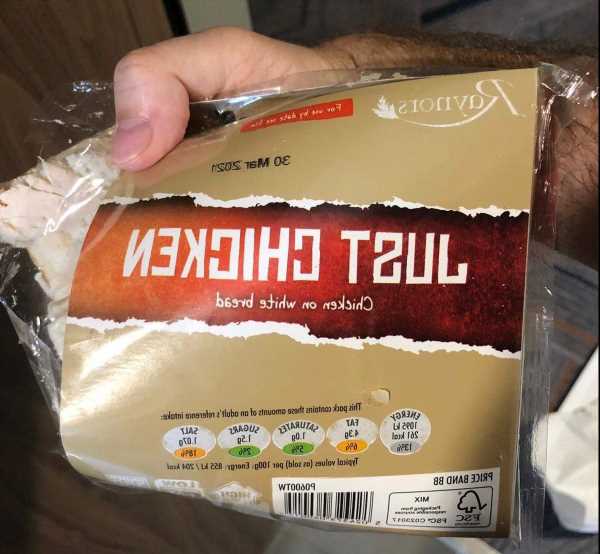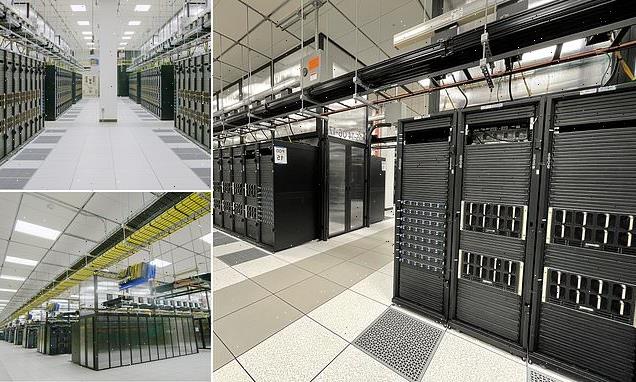Europe showing ‘interest’ in OneWeb says David Morris
We use your sign-up to provide content in ways you’ve consented to and to improve our understanding of you. This may include adverts from us and 3rd parties based on our understanding. You can unsubscribe at any time. More info
Britain’s OneWeb network consists of low-Earth orbit (LEO) satellites and now it is now over halfway to completing its planned constellation. The company, which the Government partly owns, has announced a six-year Distribution Partner agreement with India to provide LEO connectivity services across the Sub-Continent. The arrangement is between OneWeb and Hughes Communications India Private Ltd. (HCIPL), a joint venture between Hughes and Bharti Airtel Limited.
The satellite network will help to connect towns, villages, and local municipalities in hard-to-reach areas of the region.
Partho Banerjee, head of HCIPL, said that enterprise and government customers”, ranging from telecom service providers to domestic planes,
are “eagerly anticipating the arrival of new high performing satcom services”.
But this is not the only deal that OneWeb has struck.
The company has also partnered up with FSG – an Australian rural and regional telecommunications carrier.
FSG’s CEO Andrew Roberts said: “This is an important milestone for rural and regional connectivity as OneWeb’s LEO satellite delivers business-grade satellite capabilities.


“OneWeb’s technology will help us further extend our reach across underserviced regions of Australia with ‘fibre-like’ connectivity to the most out of reach places, accelerating our ability to deliver technologies such as 5G and IoT anywhere.”
OneWeb also signed its first Australian agreement with Vocus to provide low-latency LEO satellite services for “enterprise connectivity” back in December.
The plan is to help the industries like mining, oil and gas utilities and construction by providing support for asset tracking and environmental monitoring.
It will also help to connect remote workers.
And later in December, OneWeb confirmed the launch of 36 satellites blasted into space by Arianespace from the Baikonur Cosmodrome.

This brought OneWeb’s total in-orbit constellation to 394 satellites.
The end goal is for a 648-strong LEO satellite fleet that will deliver high-speed, low-latency global connectivity a range of customers.
At the end of last year, OneWeb also signed a distribution partnership agreement with Airbus.
The deal will see LEO services provided for military and governmental use in Europe.
This comes after many small satellite companies left Britain to stay a part of the EU’s Galileo project.
DON’T MISS
Archaeologists baffled by skeleton that had been ‘rolled into a ditch’ [REPORT]
Tourist spots under threat as mega iceberg leaks 152 tonnes of water [REVEAL]
Truss close to Brexit deal as UK to pump funds into EU project [INSIGHT]

This is because Britain was barred from Galileo after Brexit.
Galileo also carries out a similar functions to what the OneWeb network is looking to provide– accessible satellite data enabling positioning, navigation and timing determination.
Now that OneWeb appears to be signing deals left right and centre, maybe those companies might return to Britain to get a piece of the pie.
But it has not always been plain sailing for OneWeb.

Back in July 2020, the Government pledged to invest £400m in OneWeb to give it a stake in a business after the company went bankrupt.
The deal included a pledge to bring the manufacturing of OneWeb’s satellites to the UK.
Downing Street said: “The deal will support the UK to be a pioneer in the research, development, manufacturing, and exploitation of novel satellite technologies, whilst boosting UK manufacturing.”
Source: Read Full Article


